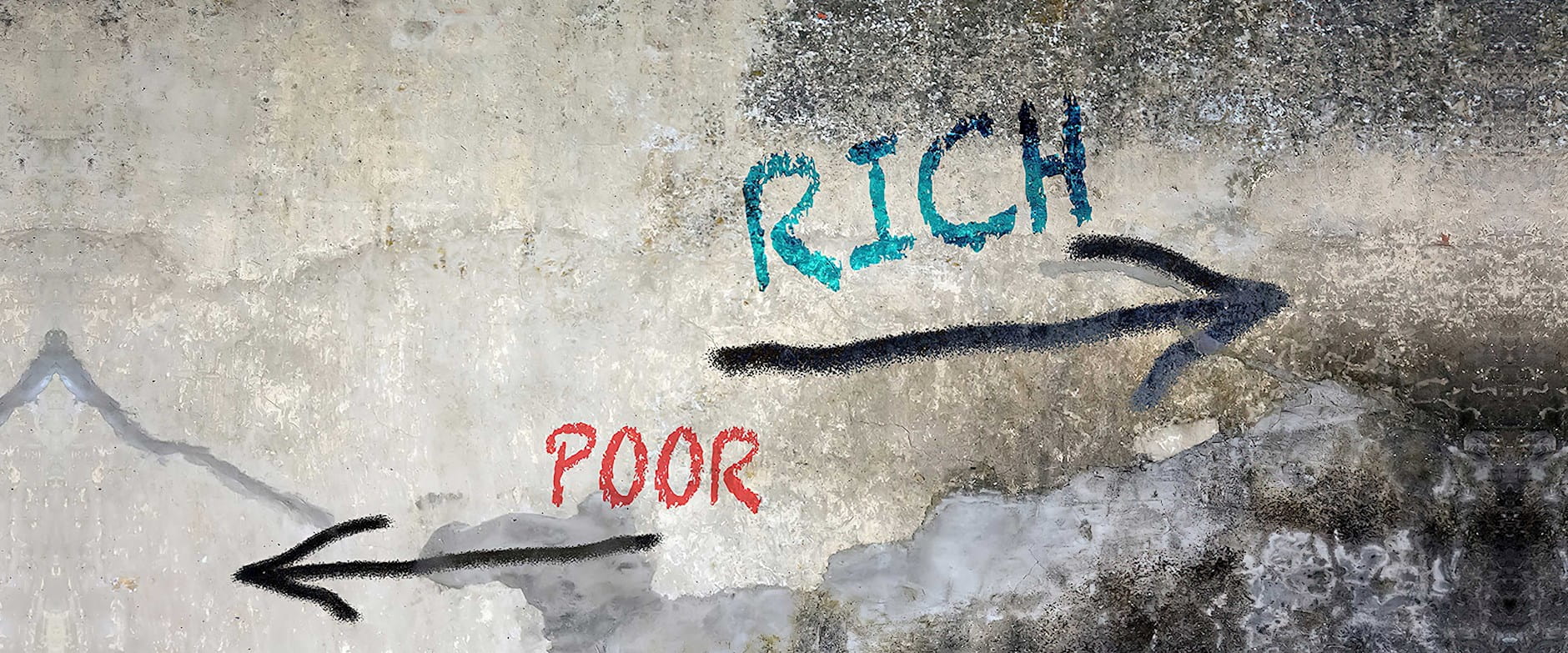In my previous work with Alessandra Fogli, we have emphasized that segregation, residential segregation across neighborhoods within cities, is important in increasing the inequality that the US has experienced in the last 40 years.
In our paper, we emphasize that a key element is local externalities, neighborhood externalities, and the idea is that exposure to different neighborhoods may be very important for children in terms of their future income when they grow up. And this may well be because children who grow up in certain neighborhoods may be exposed to better schools, to better peers, or to better networks, and so these externalities may play a role in future income when they grow up.
Now in current events, neighborhoods become even more important and local effects become even more important because when we have a shutdown policy in place, the differences in homeschooling become even larger across different types of public school. So kids who grow up in poor neighborhoods are going to have even worse access to education than before. And this unfortunately means that if these lockdown policies are going to be in place for longer, which may be necessary for health reasons, that is going to have a bad impact in terms of inequality going forward.
In the current situation, where lockdown policies are in place and school happens all digitally, I’m afraid that these differences may be even larger, and externalities, the local externalities, neighborhood externalities, are going to be even more important. In particular, I think that the differences in the quality of homeschooling for different types of schools are going to be even larger than the differences in education when kids access regular school.
So this clearly and unfortunately is going to impact future inequality—in particular, if these policies are going to be in place for a longer period, which may well be necessary for health considerations.
If you want to interpret more broadly these neighborhood effects, there is going to be an even larger externality that is going to go through the health outcomes of these neighborhoods because of externalities in terms of behavior. So if social norms are going to imply that in some neighborhoods people go out and don’t care about the lockdown policies, maybe this is going to impact the decisions of similar houses, and it can well affect the health outcome of the neighborhood.
